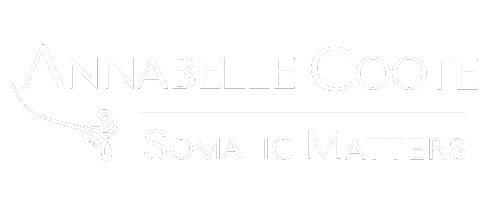Too Much Busyness?
A hammock in my office?! You might be thinking – Are you kidding? I’m lucky if I get a bathroom break.
I’ve been there. Felt that. And I am super grateful that over the years I’ve gotten to the point where it’s pretty rare that’s the state I’m in.
Let’s start by acknowledging that therapy, while fulfilling and meaningful, is also incredibly challenging and hard work.
With sessions and paperwork and scheduling and billing, connecting with family or other provides, getting continuing education, keeping up with licensure, and all the other demands, it can feel like there isn’t enough time to do the job, let alone take breaks, certainly not during the day.
(And, depending on the context in which you work, there really might not actually be enough time to do the job. If you find yourself saying, “It’s not possible to do all this,” that might really be true. And you wouldn’t be alone. But that’s a topic for another time.)
In all the busyness, self-care easily gets lost. You might get the bare minimum (bathroom breaks and hurried lunch) but end up “running on fumes” instead of “filling the tank”.
And then you find yourself with a lot of…. procrastination…social media… chit chat… daydreaming… comfort food… complaining…. In more extreme forms, you might get sick or find yourself having to deal with a family emergency.
All the distractions reflect the way your system is duct-taping things together, trying to get you at least some of what you need. But when our breaks are less intentional and grabbed “on the go”, they are really just a band-aid. My guess is that you (really most of us) could use some more quality downtime – probably both on and off the job.
Imagine More Restorative Time
When we don’t intentionally take breaks we miss out on the restorative power they provide.
Just imagine taking high-quality break time, restorative downtime, and having more flow and pacing throughout your days, weeks, and months. (Hey, imagine a hammock in your office!)
Quality down time is not a nice extra. It is a crucial factor in self-care, growth, and development, as well as professional integrity and efficacy.
It’s about making our personal re-fueling just as important as a race-car driver’s. It’s about protecting our needs and reaping the benefits.
So, where’s the time for this? You are already taking some time for this without realizing it, through procrastination and all those other time-suckers. If you pause and consider what you’d really like or need for some break time, you can try scheduling it in and fiercely protecting it and see what happens. You might be amazed at what a little high-quality re-fueling can do even in a tiny amount of time.
How about five minutes of yoga instead of browsing the internet? Stepping outside even for just a moment. Maybe connecting meaningfully with a coworker instead of grabbing cookies or falling into office gossip. Adding three deep breaths when you’re done with each progress note? Kinda like sneaking spinach into brownies (and those can be VERY tasty…)
A Mind-Body Practice for Creating Intentional Breaks
Let’s turn to the body to generate some creative wisdom.
Read through the guidelines below and then spend as much or as little time as you’d like exploring the ideas.
First, get comfortable. Take some nurturing inhales and relaxing exhales. Stretch, shake out your hands, sigh. Smile or relax your face. Do what works for you.
1. Tap into your sense of busyness.
Take a moment to remember what it’s like to feel busy, overworked, tired, stretched-thin, etc. Notice what that feels like in your body. Scan your body head to toe and be curious. Maybe you notice tension or heaviness, glazed eyes or busy thoughts.
2. Consider a way you tend to unconsciously take breaks.
Do you get lost in a computer screen, drown in social connection when you really need to be alone, get obsessive about notes? When you pick something that is a standard go-to for yourself, notice what happens in your body.
3. Consider a way you might choose to take intentional breaks.
Turn your attention to some ways you might want to choose a different kind of break and when you land on a good one, imagine yourself doing it. Really let yourself sink into what it would feel like. Notice what happens in your body now.
As you breathe in, let yourself take in the good feels that go along with nurturing yourself, and as you exhale, let those feelings settle into your body.
Can you imagine how this might begin to make things a little different? Can you imagine how this might change your energy flow, your perspective, your sense of competence even? Can you make a commitment to trying it out?
The time to relax is when you don’t have time for it.
~Attributed to both Jim Goodwin and Sydney J. Harris
I’d love to hear your experience with busyness, taking breaks, resilience or your reflections from the mind-body practice. Share a comment, join the chat, or reach out to me.

